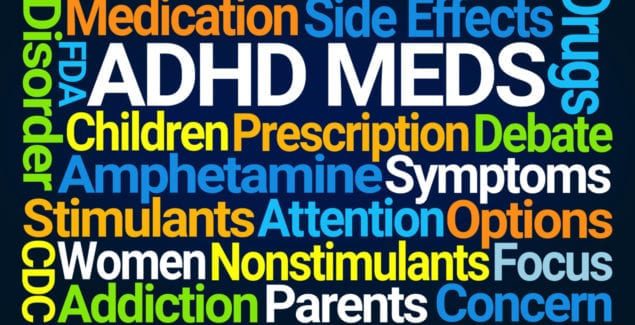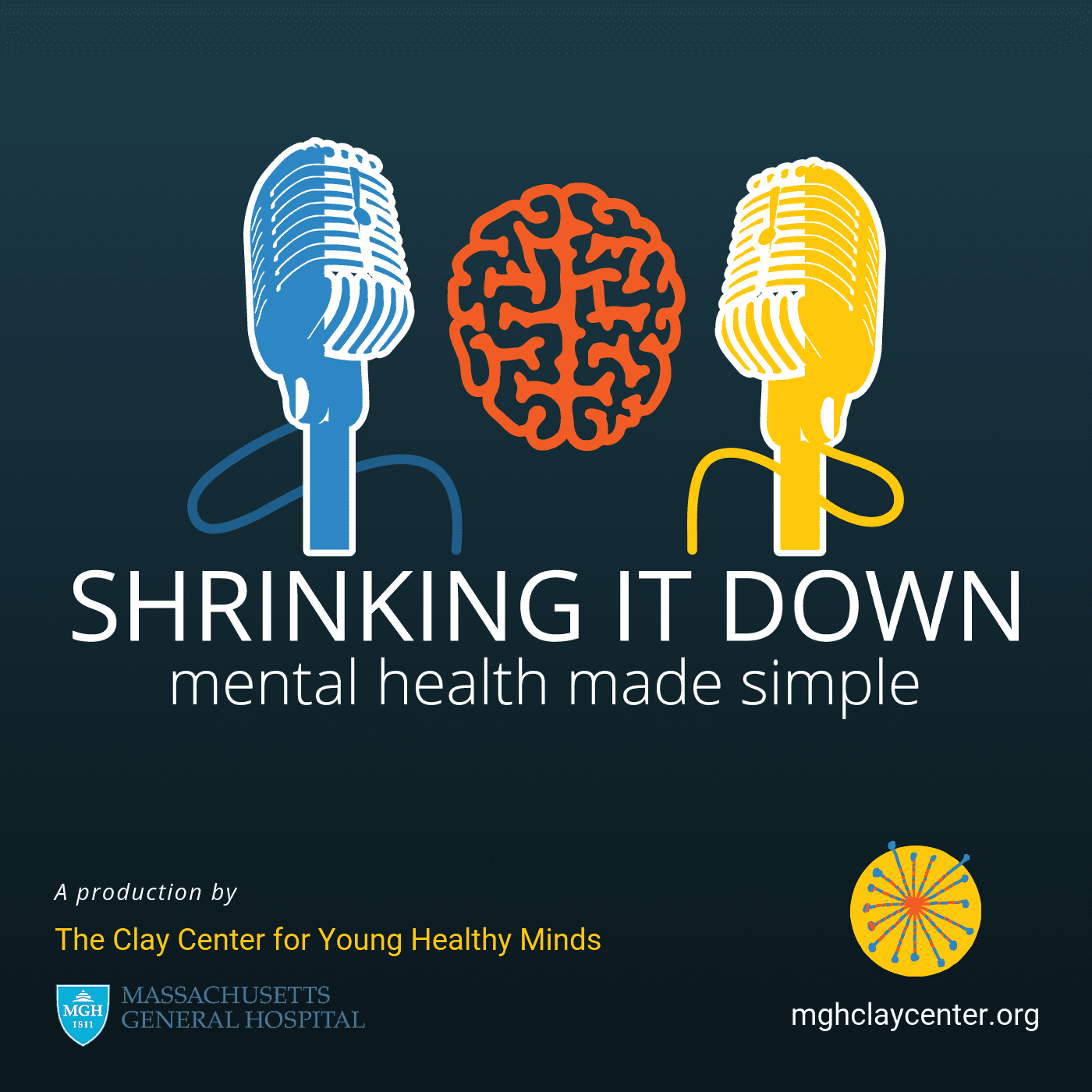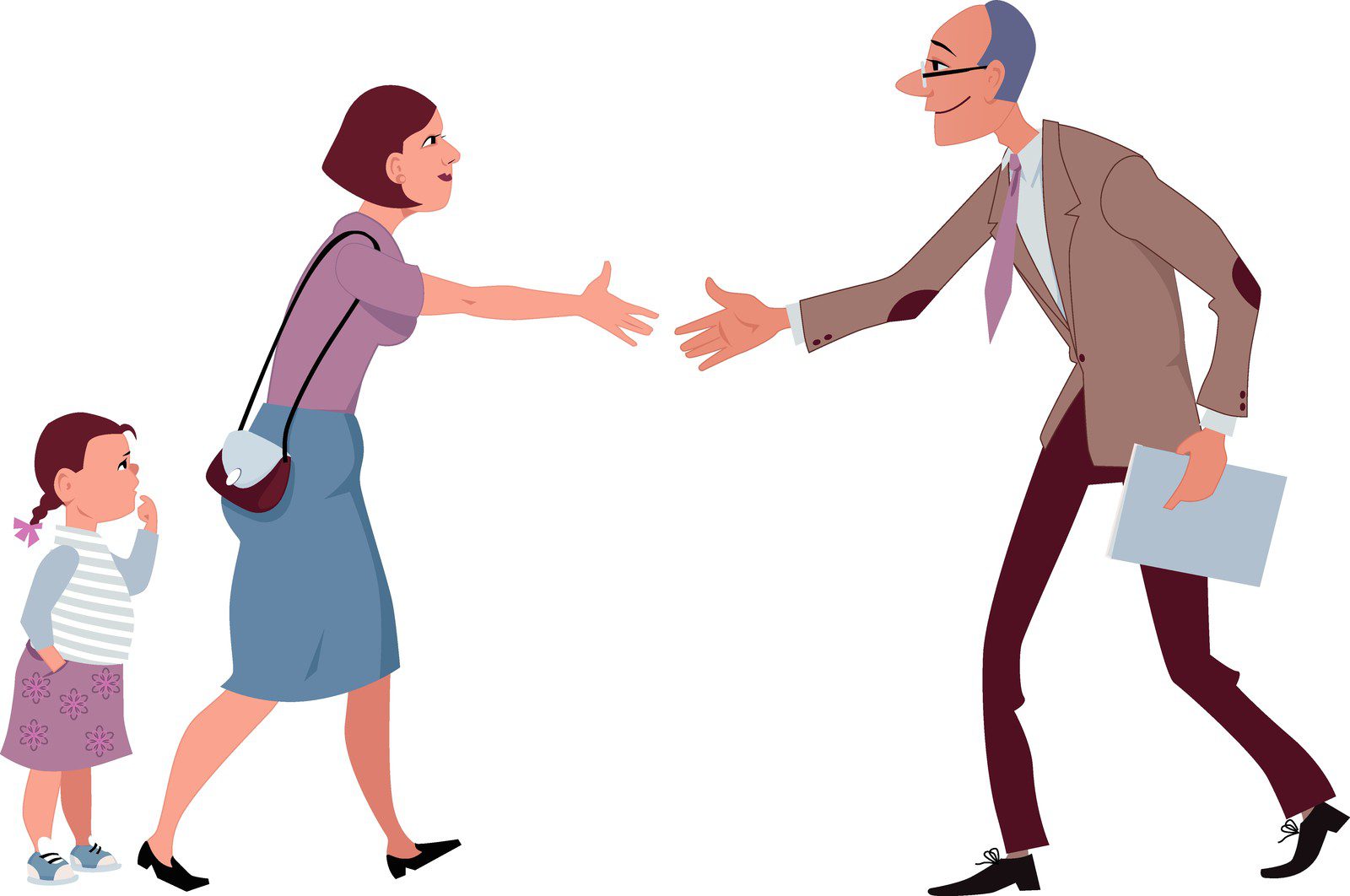Is It Safe to Use Stimulants to Treat ADHD?

Posted in: Hot Topics, You & Your Family
Topics: ADHD, Learning + Attention Issues, Mental Illness + Psychiatric Disorders
It’s not unusual for parents to bring their kid with attention deficit hyperactivity disorder (ADHD) to a child psychiatrist and say:
“We really want you to help, but do not want any medications.”
What causes someone to say this? It’s not often we would go to a doctor and say, “Take care of me, doc, but I don’t want any meds.” Of course it can happen, but very rarely.
So, what is it about psychiatric medications, and stimulants in particular, that scares folks? Let’s look at the most common worries and beliefs about stimulants in the treatment of ADHD. Here are a few things we often hear:
- They fry brain cells, they are bad for the heart, and have other bad side effects
- They are just crutches – they don’t solve the problem
- They are addictive
- They are only being used to increase performance
The fact is, there is a very important place for using stimulants in the treatment of ADHD, but they do need to be part of a comprehensive treatment plan that is monitored closely. They may be very effective in conjunction with critical behavioral management of the problem, but they may well have side effects.
Jump to 15:55 minutes to hear Dr. Tim Wilens talk about when medication can be most useful as a treatment for ADHD, and when it probably isn’t needed.
Let’s take a balanced view at the use, misuse and dangers of stimulants in the overall treatment of ADHD. Before we begin, we need to remember that ADHD is a complex problem that involves inattention and distraction, hyperactivity and impulsivity. The inattentive symptoms result in an inability to stay on task, trouble completing projects, delayed comprehension, and disorganization in time management and setting priorities. If hyperactive, these kids can have problems with fidgetiness, impatience and sitting still. The impulsivity results in making reckless decisions, and getting in trouble with others by interrupting and being annoying.
The treatment for ADHD first and foremost involves providing a structured environment that helps to minimize distractions, and provide daily routine activities to keep the child focused. This behavioral piece can be especially helpful for the child, and requires work both at home and school. But, there may also be a place for medications that can help immensely with the core skills that kids need to learn. Bottom line is the learning of the skills, routines and good habits.
Here are some answers to the concerns we mentioned above:
- Concern: They fry brain cells, are bad for the heart, and have other bad side effects.
Actually, stimulants do not have any dangerous effects on the brain or normal hearts in kids and adults. Over the past decade, we have moved away from worrying about these medications being toxic to the nervous system, to the most recent data suggesting they are actually protective. Taken in prescribed doses, stimulants are among the safest medications we can give kids. They don’t cause brain damage, and recent work suggests that children with ADHD who take stimulants have healthier brains then those children with ADHD who do not. If a kid has a heart condition, the stimulant could cause a rhythm disturbance; but, with proper pediatric guidance, they are quite safe. In fact, a recent FDA study showed stimulants to be very safe for the heart. If you compare their use to antibiotics for infections, or prednisone (a steroid) that is often used for poison ivy, the risks of the others are HUGE compared to stimulants. In fact, there are many cases of severe allergic reactions (like the closing of the airway) with antibiotics, and serious psychiatric complications with prednisone, and we give those to our kids without thinking.
True, stimulants can infrequently cause problems with a select group of kids, such as the worsening of appetite, and sleep disturbances. However, with careful monitoring, these problems can be eliminated, largely by adjusting the timing the medications are taken.
- Concern: They are just crutches and don’t solve the problem.
Actually, it’s true they don’t solve the problem. But, think of stimulants this way—if you have a deep cut and don’t get stitches, the wound, with luck, will heal, but it will take a while. And, you may be at risk for infection and a large scar. On the other hand, if you put stitches in first, you reduce the risk of infection, quicken the pace of healing (that is done by the body), and minimize the size of the scar. The stitches don’t heal the wound, the body does; but they sure help the process!
Think of stimulants as those stitches. While they don’t cure ADHD (behavioral management teaches this), they do make it easier to keep focused, stay on task, and decrease impulsivity and hyperactivity—all making the necessary learning of skills much easier. Over time, kids with ADHD who are treated with stimulants have fewer problems with oppositionality, depression, smoking and even being arrested than those who are not treated.
- Concern: They are addictive.
Some stimulants, like cocaine and coffee (caffeine), are pretty addictive. They also cause withdrawal if you use them daily then stop. The truth is that stimulants used judiciously in the lowest doses possible, and monitored by parents, do not cause addiction by themselves.
But, isn’t ADHD associated with substance abuse? The answer from scientific literature says yes, but interestingly, this is likely due to self-medication for the terrible feelings that result from untreated ADHD. Recent research shows that kids who are treated with stimulants early on as part of their overall management, are LESS LIKELY to develop smoking and substance abuse issues in adolescence compared with kids who have not had stimulants as part of the plan. The effect to reduce substance abuse only lasts, however, if the ADHD child continues on his or her medication into maturity as a young adult.
- Concern: They are only being used to increase performance.
True, stimulants increase anyone’s performance. We all run faster and jump higher with stimulants. This is because they increase attention and persistence in all of us. However, they work best in those who have ADHD. And, these kids REALLY need it! They decrease hyperactivity, impulsivity and distractibility, and in doing so, help these kids learn positive new habits that minimize their frazzled experience with life. Interestingly, if a “normal” kid or adult takes a stimulant, it may make them feel jazzed up or mildly agitated, like having too many cups of coffee. It is not pleasant or euphoric! It may sound paradoxical, but for kids with ADHD, on the other hand, they actually feel CALMER. They can pay better attention, and learn the skills they need to learn.
There are some parents who push their kids to overachieve; they may misinterpret lack of motivation or achievement for ADHD. It would not be a proper use of these medications to simply give them to any kid, just as we do not allow them for “normal” kids or adults in athletics (referred to in that case as performance enhancement). However, for kids who have a bone fide disability like ADHD, they really are a treatment, not an enhancement.
And, for the college kids who buy stimulants to help them perform better on tests, the same rule applies—they may give them an unfair advantage, or evolve into drug abuse for some.
Speaking of substance use disorder, for any teen or young adult who does have an addiction, there are good alternatives to stimulants to improve attention, albeit not as effective. Some non-stimulant medications, like Strattera or Wellbutrin, may be used if stimulants are excluded. There are some youth with addictions who will take almost anything to get high, and this includes stimulants. To help reduce the risk of teenagers and college students giving their stimulants to others, it’s important to remind them of the code of conduct at their institution, that the medications could be dangerous if not used properly, and that there are state and federal laws that forbid the giving or selling of these medications to others.
So, what is the take-home message? Stimulants in combination with a comprehensive plan for a kid properly diagnosed with ADHD may be a godsend for the child, parents, family, and teachers. They really can help when properly used, and result in longer-term, sustained improvements for the growing child with ADHD.


 Share
Share Tweet
Tweet






